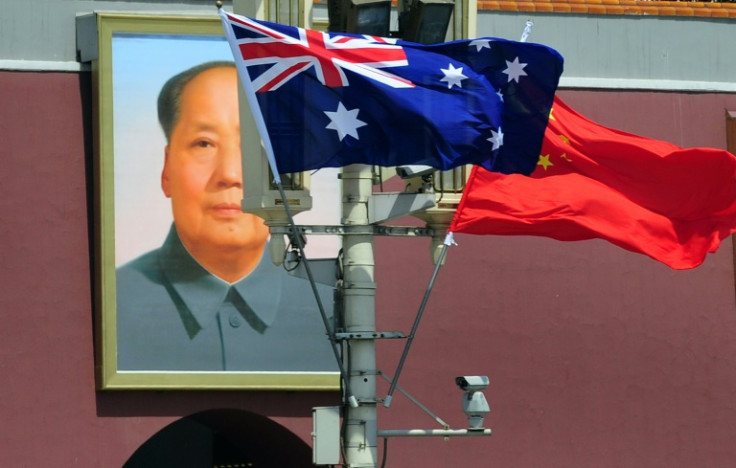Australia To Boost Missile Capabilities Amid Indo-Pacific Tensions

Australia is planning to expand its missile defense capabilities and weapons production, amid escalating security concerns in the Indo-Pacific region.
Defense Industry Minister Pat Conroy said China's recent intercontinental ballistic missile (ICBM) test in the South Pacific particularly triggered Australia to enhance its missile stockpiles, deploy advanced naval defenses, and collaborate closely with the United States, Japan, and South Korea, Reuters reported.
In September, China test fired an ICBM that traveled more than 11,000 kilometers to reach the Pacific Ocean to the northeast of Australia.
Conroy stated that Australia was strengthening its defense capabilities to counter potential hostile actions, ensuring a robust and sustainable response to any such threats. He noted that the escalating U.S.-China strategic competition was also driving Australia's missile defense ramp-up efforts.
"Why do we need more missiles? Strategic competition between the United States and China is a primary feature of Australia's security environment," he told the National Press Club in Canberra.
"We expressed significant concern about that ballistic missile test, especially its entry into the South Pacific given the Treaty of Rarotonga that says the Pacific should be a nuclear weapons free zone," Conroy told reporters. "We must show potential adversaries that hostile acts against Australia would not succeed and could not be sustained if conflict were protracted."
Australia has been revamping its defense strategy in response to China's rapid military expansion, a transformation that's been underway for the past three years since the formation of the AUKUS alliance with the U.S. and U.K. This significant overhaul is driven by China's growing assertiveness in the Indo-Pacific region, the Financial Times reported.
This change, known as the "missile age," recognizes the growing significance of missile technology in contemporary combat. Over the next ten years, Australia plans to increase its defense budget by AU$50 billion (US$33 billion) to meet this new reality.
Conroy said Australia and U.S. defense contractor Lockheed Martin were collaborating to build a new production facility that will begin operations in 2029. The plant will produce rocket systems with directed multiple launches.
"As well as acquiring more missiles, more rapidly from our partners, we need to build a new Australian guided weapons manufacturing industry," Conroy said. "Long-range strike is critical to deterrence."
© Copyright 2025 IBTimes AU. All rights reserved.





















